You probably already have a home maintenance checklist: Replace the furnace filter each season, shut off water spigots before winter, clean the gutters, etc. That's a good start, but there are jobs that homeowners often forget about, or don't even know about. Here are some important home maintenance items that may not be on your list-items that may cause a big headache, or worse, cost you big money if you neglect them.
10 Vital Home Maintenance Tasks You’ll Regret If You Forget
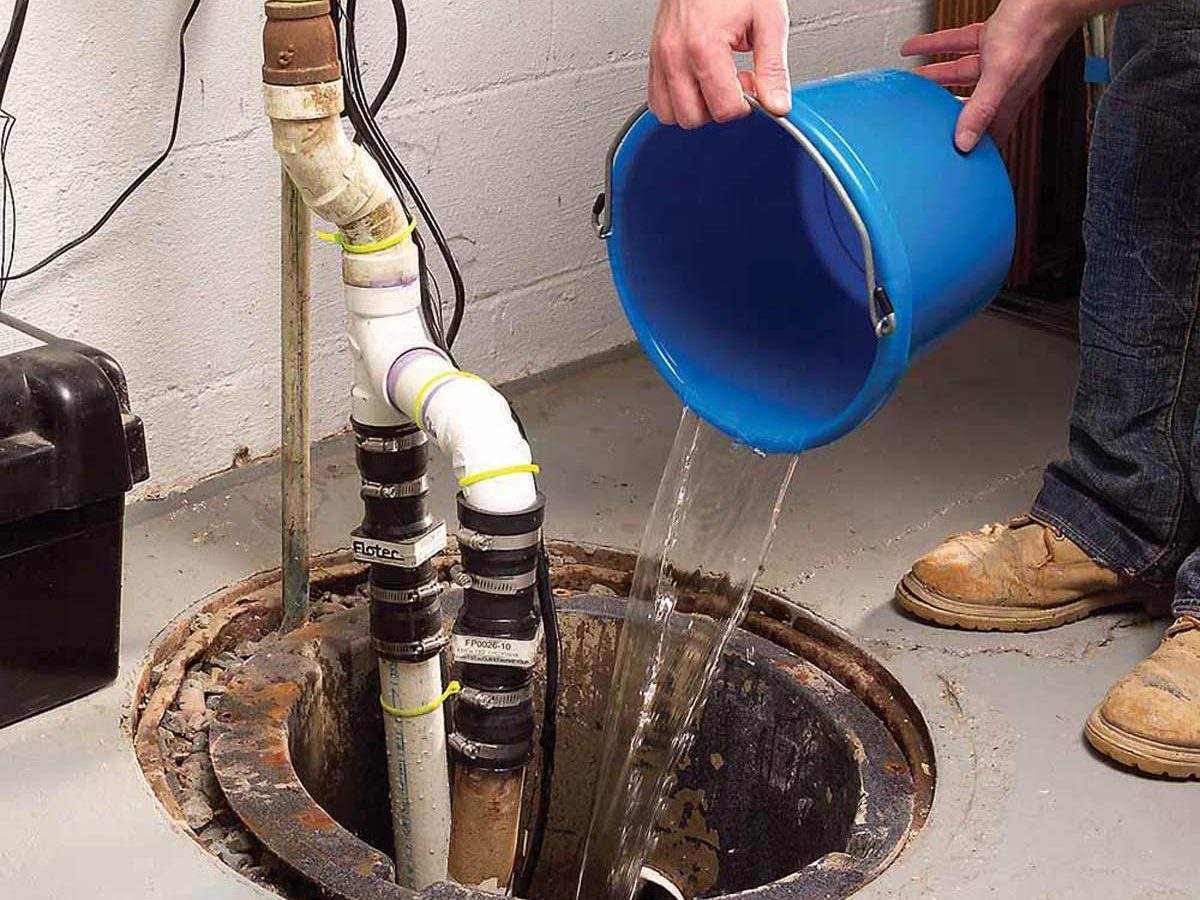
Test the Sump Pump or Risk a Flood
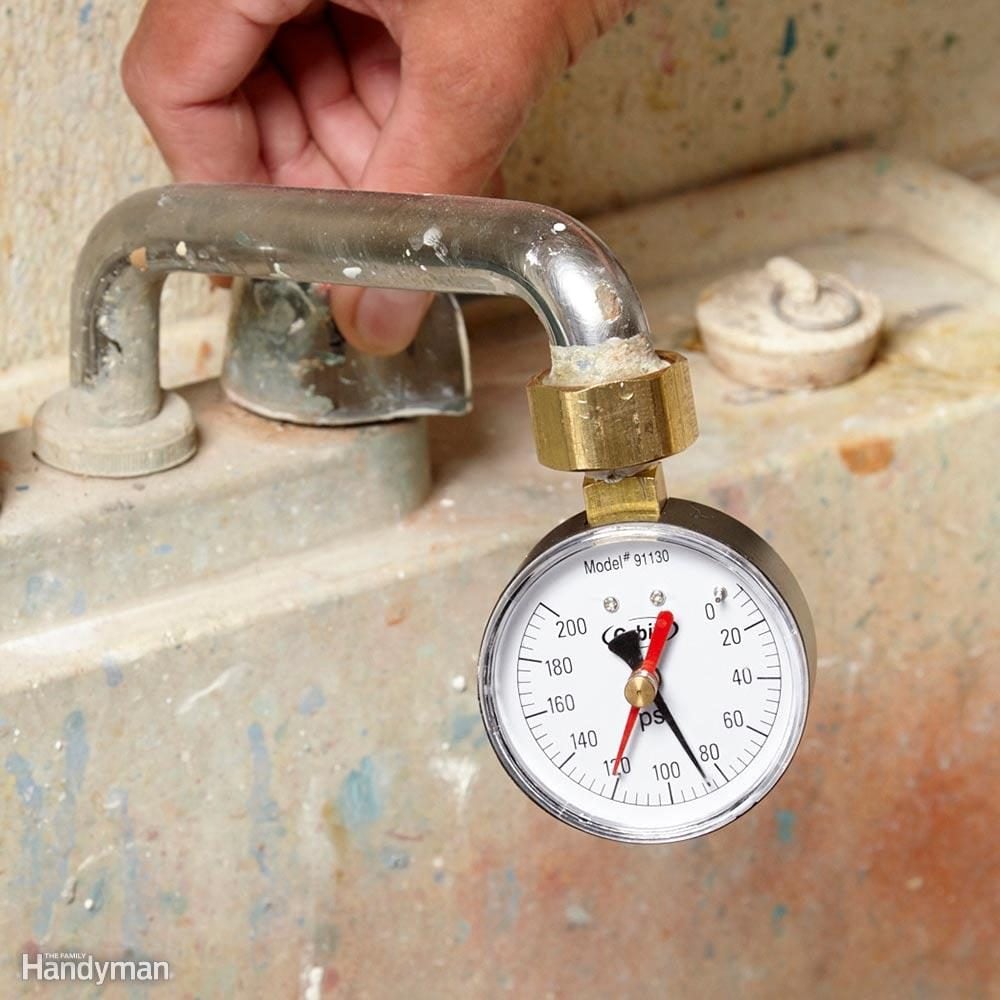
Check for High Water Pressure or Wreck Fixtures and Appliances
A technician was assisting a water softener installer who was replacing a fairly new softener because the first one had ruptured and filled the pipes with little zeolite beads.
The installer didn't seem too worried about why the first one failed, but the assistant did a little investigating. A water pressure test gave a reading of more than 110 lbs. psi. The culprit was the 20-year-old pressure-reducing valve. After a new valve was installed, the pressure went down to about 75 lbs. Pressure-reducing valves are usually found near the main water shutoff valve, but not all homes have them. It depends on your municipality.
High water pressure can harm pipes, connections, and appliances. It also creates water hammer and waste massive amounts of water. Checking for high water pressure is an often overlooked maintenance item, and one that's easy enough to perform. A new pressure-reducing valve and a simple pressure gauge like this one that hooks up to a spigot or laundry tub faucet are both available at home centers.
Plus: Appliance Care and Maintenance Tips to Make Appliances Last
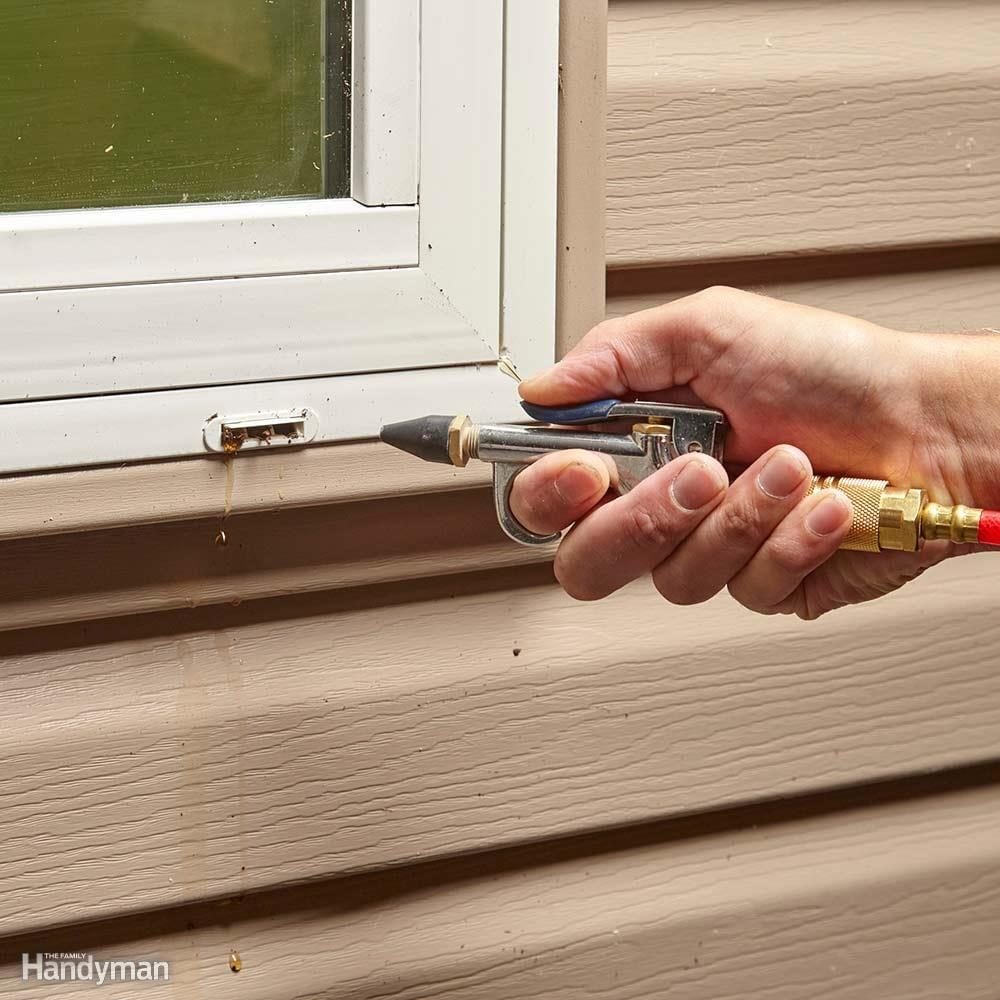
Clean Window Weep Holes or Invite Rainwater Into Your House
Many sliding windows and vinyl replacement windows have weep holes on the exterior bottom of the frame. These holes are designed to drain away rainwater that can collect in the frame's bottom channel. Weep holes can get plugged with bugs and debris, and if that happens, water could fill up the channel and spill over into your house.
To see if your weep system is working, simply pour a glass of water into the track or spray the outside of the window with a garden hose. If you don't see a steady stream of clean water exiting the weep hole, poke a wire hanger into the hole, or spray it out with compressed air, and wet it down again. If the little flapper (designed to keep out driving wind) is stuck shut, it can be removed with a putty knife and replaced.
Are you wondering when to replace everything in your home? Check out our list to find out how often you should replace things in your home.
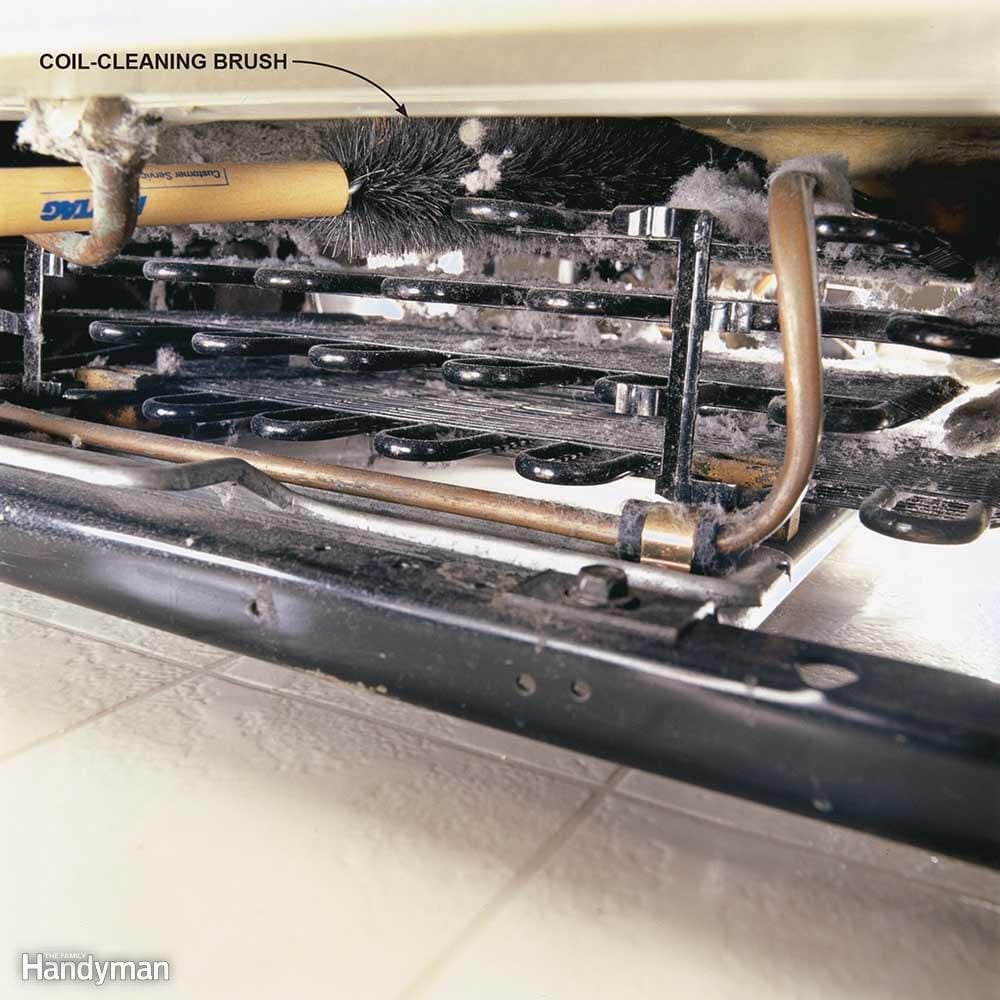
Clean Refrigerator Coils or Pay Unnecessary Repair Bills
Refrigerator condenser coils are located on the back of the fridge or across the bottom. When coils are clogged with dust, pet hair and cobwebs, they can't efficiently release heat. The result is your compressor works harder and longer than it was designed to, using more energy and shortening the life of your fridge. Clean the coils with a coil-cleaning brush and vacuum. A coil-cleaning brush, which is bendable to fit in tight areas, does a thorough job. Look for one online or at appliance stores. For tips on repairing your refrigerator (without a service call), check out our guide
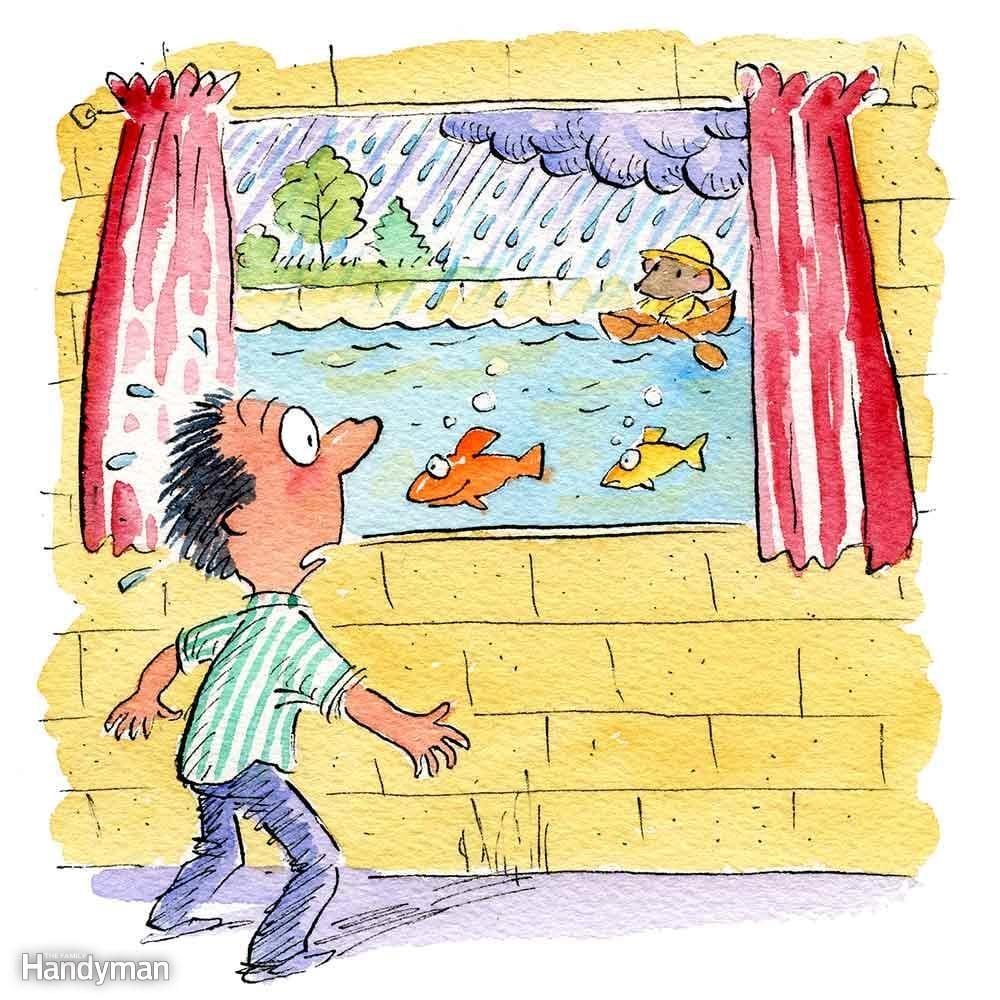
Keep Window Wells Clean or Risk a Broken Window and Wet Basement
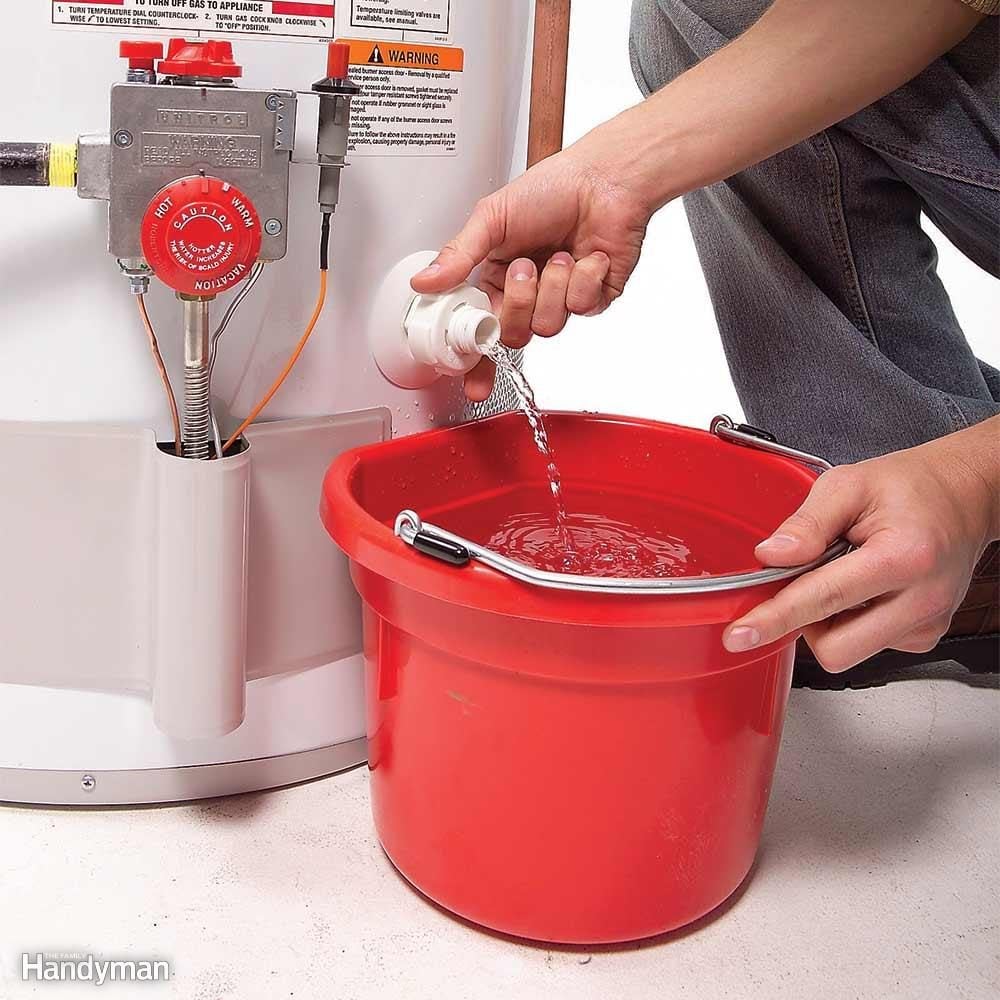
Drain Sediment From Your Water Heater or Expect a Shortened Life Span
A distraught homeowner called a plumber because her water heater wasn't heating, and furthermore, it was leaking. Right away, the plumber asked if the homeowner had been draining some of the water from it every year. The puzzled homeowner said, 'No. Why?' It turns out that sediment will collect at the bottom of the tank. This creates hot spots on gas-powered heaters that can damage the tank and cause premature failure. On an electric water heater, sediment buildup can cause the lower heating element to fail. So, occasionally draining a water heater will lower energy bills and extend its life. We recommend draining water heaters at least once a year.
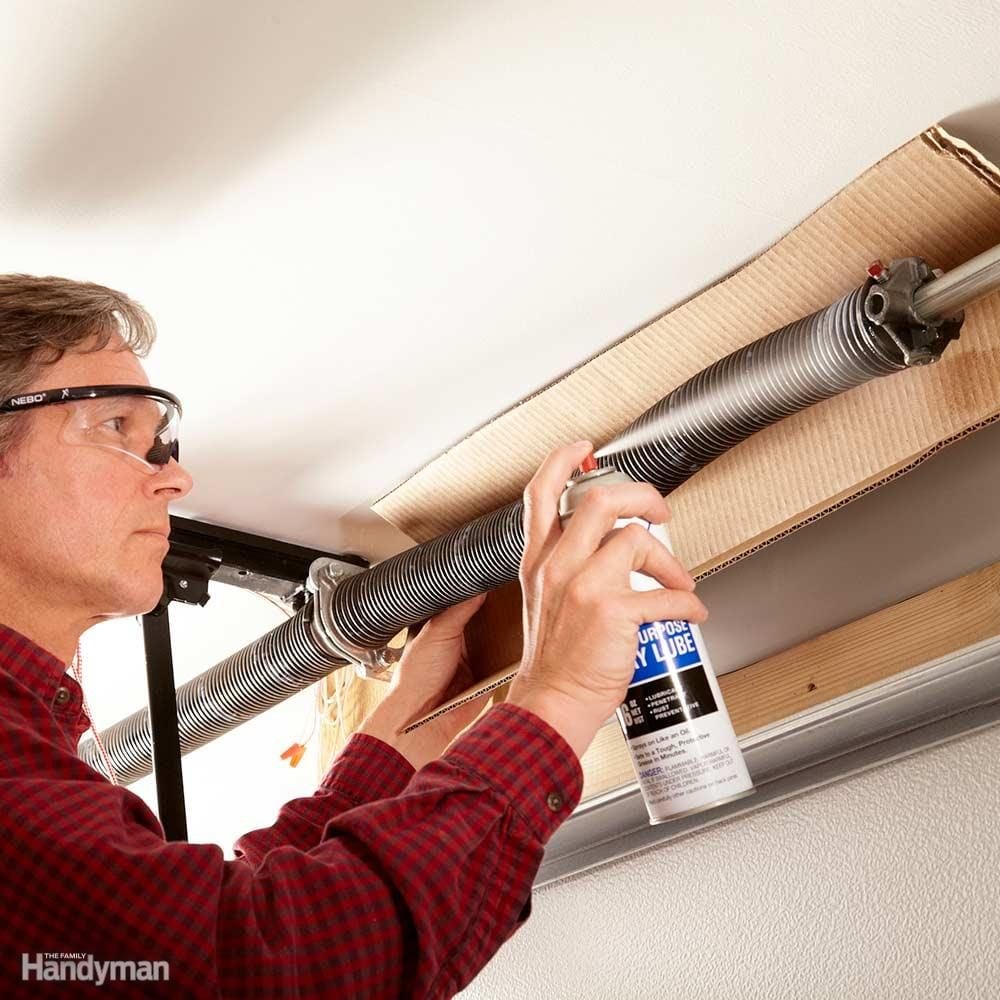
Lube Garage Door Springs or Replace Them Sooner Rather Than Later
Coat the overhead torsion springs mounted above roller tracks with a garage door lubricant. All springs will eventually break because of metal fatigue and/or corrosion, but lubing them at least once a year will make them last longer. Spraying can be messy; it's smart to protect the wall behind the spring with a piece of cardboard. Garage door lubricant is available at home centers. Lube the rollers, hinges and track while you're at it. Learn more garage door maintenance tips.

Check for Mice Nests or Risk Damaged Equipment
Mice love to winter in enclosed places like engine compartments, window A/C units and lawn tractor nooks and crannies. If a vehicle or piece of equipment has been sitting unused for a while, check for mice nests before you start it up. The last thing you want to do is take out your boat and discover that you have little furry stowaways that have chewed through half the wires. Mice nests can also cause electronics to overheat and can get sucked into and clog carburetors.
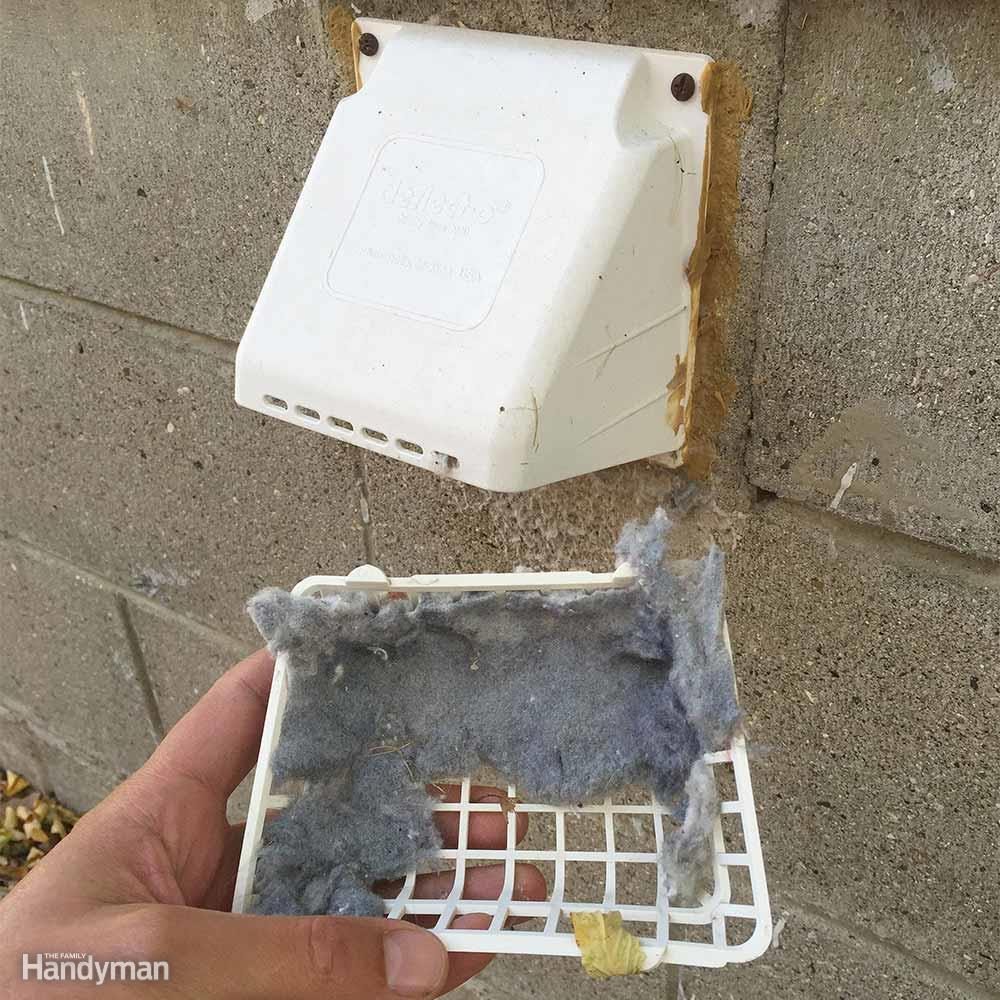
Clean Dryer Vents or Waste Energy and Risk a Fire
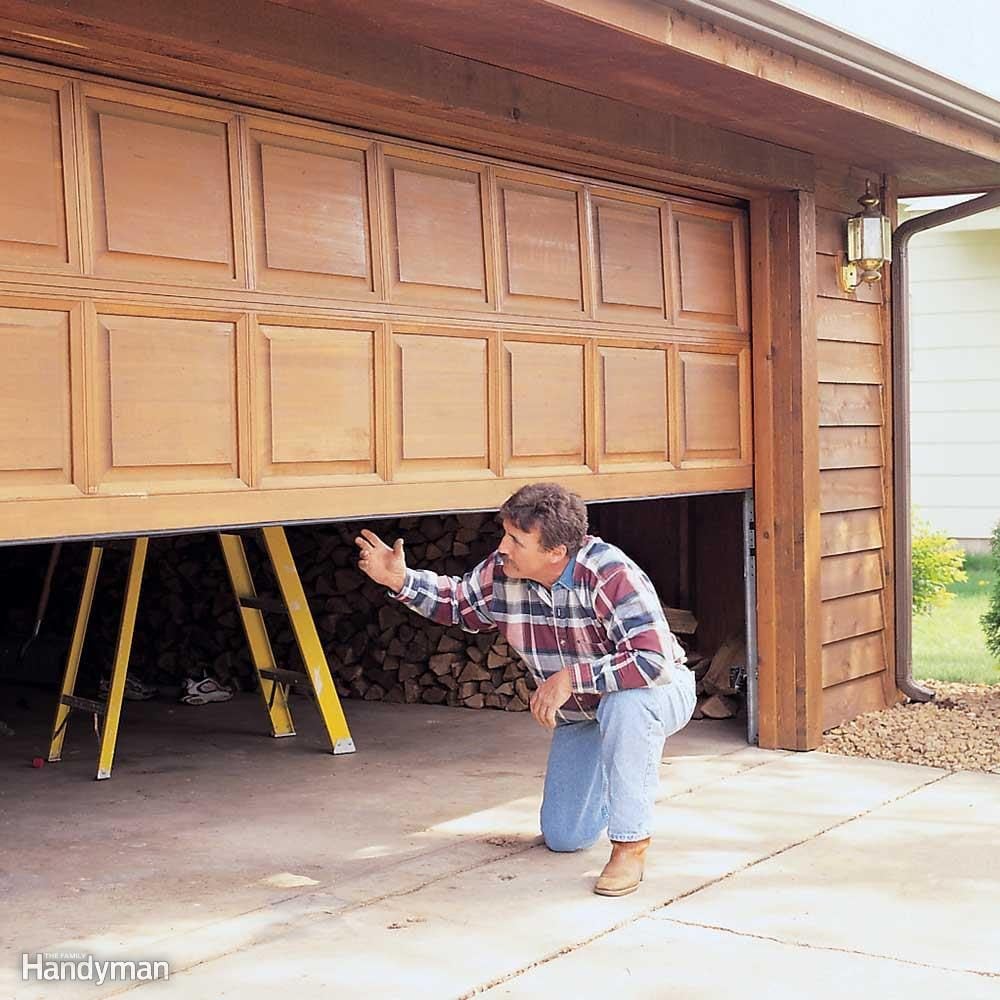
Check Garage Door Balance or Wreck Your Opener
A properly balanced door is less likely to injure someone or something and keeps the door opener from working too hard, which will shorten its life.
To check the balance on a door, close the door and then disengage the opener by pulling the opener release handle. Manually pull up the door about halfway and let go. A properly balanced door will stay in the halfway position by itself. If it falls, the tension needs to be increased. If the door rises, the door spring has too much tension, which means it's working harder than it needs to.
Check the door a couple times a year. Adjusting the spring tension is tricky and dangerous. Call a garage door professional to perform the service, or see advanced garage door repairs.